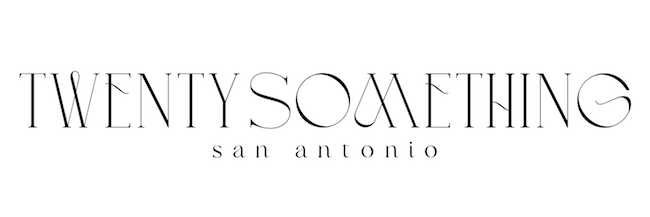While many things are beneficial for mental health, there are also countless influences that can have a negative impact. Often, it’s easier to notice when someone else is struggling—maybe they’re quieter, look exhausted, or just don’t seem like themselves. These signs are usually clear to others, almost instinctual. But when it comes to recognizing these signs in ourselves, things can get complicated.
It may seem like it should be simple, but in reality, it’s surprisingly common to miss the signals. For those who keep busy to avoid difficult thoughts or bottle up feelings, it can be especially challenging to realize when something’s wrong. Ignoring these signs, however, can lead to more significant struggles down the line. Here are some mental health warning signs to watch for, especially when it’s hard to admit things might be off.
Constantly Feeling Tired, No Matter How Much You Rest
One of the first signs that something might be wrong is ongoing exhaustion. This isn’t just about not getting enough sleep; it’s the kind of tiredness that doesn’t go away, even after a full night of rest. If you’ve ever had something traumatic happen to you, like the death of a loved one, then you’ll probably have a solid idea of how this exhaustion is. When mental health takes a hit, the mind and body struggle to keep up, often leaving people feeling drained and sluggish all the time.
If this kind of fatigue persists, it may be time to investigate what’s causing it. Sometimes, it’s easy to pinpoint (like the example a moment ago), but you’ll seriously need to do so. Chronic stress, anxiety, or depression can all make it hard for the body to recharge, no matter how many hours are spent resting. Recognizing this pattern can be a wake-up call to take mental health seriously.
Turning to Substances to Cope
When mental health challenges start to pile up, it’s common for some people to look for relief in all the wrong places. Yes, that’s right, such as alcohol, drugs, or other substances can become quick “fixes” for tough emotions. Eventually, you’ll grow to depend on these.
This might be the biggest warning sign of them all, and if you’re caught up in this cycle or even know someone who is, then you seriously need to reach out to a drug rehab program since that can provide the right support you need for creating healthier coping mechanisms (and staying away from substances).
Losing Interest in Things That Once Brought Joy
While this one might be super generic, it’s still a major sign that deserves recognition. Now, a sudden loss of interest in hobbies, passions, or even social activities can be another red flag. When mental health issues start creeping in, the things that used to bring joy and excitement can start to feel like chores or, worse, lose their appeal altogether.
Maybe it’s something like ignoring an old hobby; it could be “just not feeling it” when it comes to seeing friends or not feeling that little sense of accomplishment from getting an achievement, either. But overall, this lack of motivation is often a signal that something deeper is going on. But is it all sudden? Not usually; it can slowly happens over time and has the potential to leave you feeling empty.
Bottling Up Emotions
You’re not “staying strong” when you do this. Actually, bottling up feelings doesn’t make them go away; it just delays dealing with them. Finding a healthy outlet—whether it’s talking to a friend, journaling, or even seeking professional help—can finally break this cycle and finding relief.
